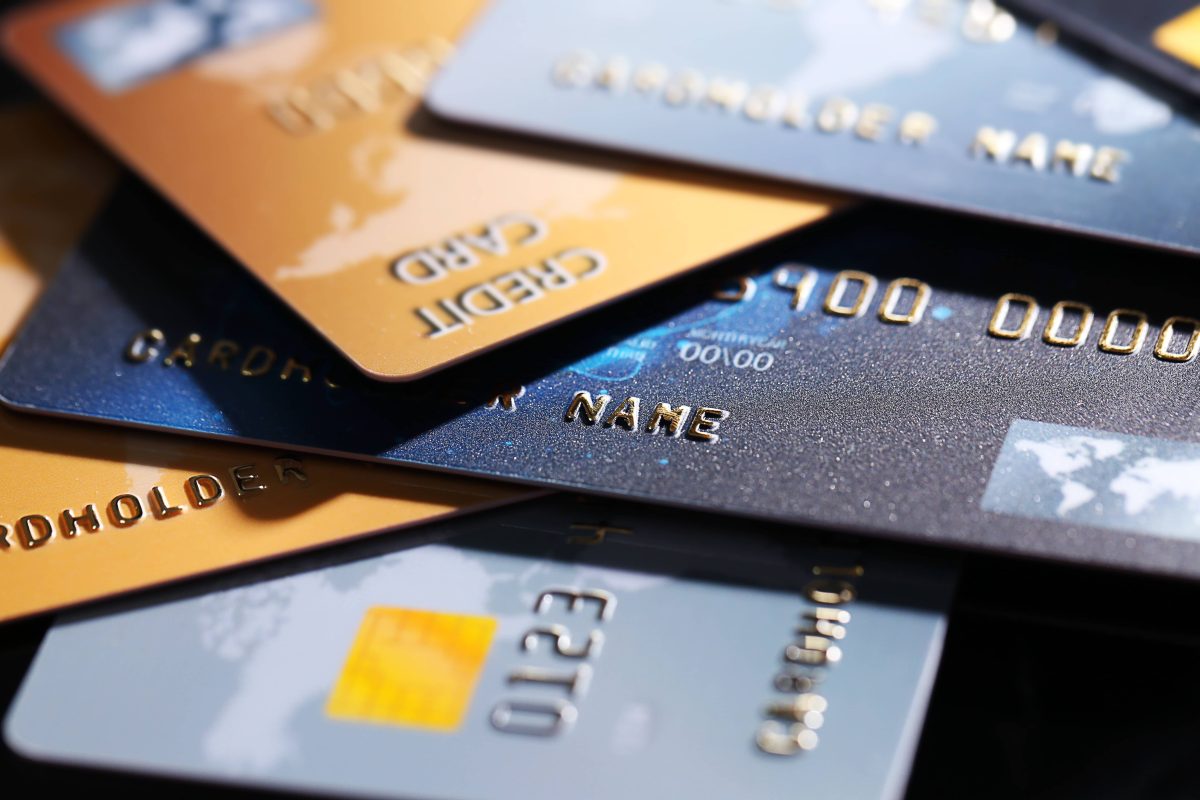Authorized user tradelines are credit accounts—most often revolving credit cards—where someone is added as an “authorized user” on another person’s existing account. In credit terms, a tradeline is simply any account that appears on your credit report. When you’re added as an authorized user, the account’s full history—its age, payment record, and credit utilization—can be reported to your credit file.
The purpose of an authorized user tradeline is to instantly strengthen a credit profile by adding established positive history. This is especially valuable for individuals with little to no credit, or those looking to recover from negative credit events. By improving critical factors like account age, payment history, and utilization ratio, tradelines can make it easier to qualify for credit cards, loans, mortgages, or even rental approvals.
It’s important to note that not all banks or credit cards report authorized user activity to all three major credit bureaus. To maximize results, tradelines should be chosen carefully to ensure they report to Experian, Equifax, and TransUnion.








